Internet Addiction

On This Page
- What Is Internet Addiction Disorder?
- How Does Internet Addiction Affect Mental Health?
- Signs & Symptoms Of Internet Addiction Disorder
- Consequences Of Internet Addiction Disorder
- Internet Addiction Treatment
- Residential Inpatient Addiction Treatment Centers
- Outpatient Internet & Computer Rehab and Treatment Programs
- Finding The Best Treatment For Online Addiction
Seeking treatment? Questions?
Get 24/7 confidential help now:
Or Receive A Call:
Last Medically Reviewed 15 November 2022
Computer &
Internet Addiction
Although the internet provides opportunities for networking that were once inconceivable, but this convenience comes at the cost of increased risk of addiction. When you can’t help but use the internet compulsively to the point where it affects your work, daily routine, and personal relationships, you may have an issue with overuse.
What is Internet
Addiction Disorder?
Internet addiction disorder (IAD) refers to an impulse control disorder where people spend too much time on the internet doing things like chatting, online shopping, playing games, or watching videos. Problematic internet use is when someone has a hard time controlling or resisting their urge to spend time using their computer or smartphone for web surfing and other activities. It is also characterized by withdrawal symptoms when the user loses access to online activities, which continue despite any negative consequences.
Internet addiction disorder and other behavioral addictions can be similar to substance abuse disorders because they may alter dopamine levels and other hormones. Additionally, IAD can interfere with family life, work performance, and physical health in the same way that alcohol abuse or other drug addiction problems do.
Types of Internet Addictions
Cybersex Addiction
Cybersex addiction involves an obsession with adult forums and chat rooms, online pornography, and adult fantasy sites. This internet addiction interferes with real-life intimacy.
Cyber-Relationship Addiction
If you find that you’re excessively addicted to social networking, chat rooms, dating sites, and similar online platforms, it might be related to cyber-relationship addiction. It’s important to note that this sort of internet addiction can interfere with healthy face-to-face relationships with friends and family members.
Net compulsions
Net compulsions are internet addictions to online gambling, online gaming, stock trading, or auction sites. Oftentimes, these addictions result in money troubles for the individual.
Information Overload
When you have too much information, it’s difficult to focus on anything else. This can include spending hours online, aimlessly browsing, or researching.
Computer Addiction
Computer addiction is an obsession with either playing computer games that are not connected to the internet or obsessive computer programming.
Online Shopping Addiction
Some people become addicted to online shopping because it feels like play money, but this can eventually crush them financially.
How Does Internet Addiction
Affect Mental Health?
Like other types of addiction, internet addiction disorder alters the areas of the brain related to rewards and pleasure. When these regions are aroused, dopamine, a “feel good” chemical released in the brain, is coupled with other enjoyable neurochemicals.
With certain behaviors, individuals can develop a tolerance where they need to do more and more of the behavior to experience that same sense of pleasure. When the brain becomes dependent on these activities to stimulate its reward circuit, a person may experience withdrawal symptoms if they don’t engage in the behavior.
Variable Ratio Reinforcement Schedule
Why do some people seem to develop an internet dependence, and what elevates this addiction above other kinds? Using the internet hits on something called the variable ratio reinforcement schedule (VRRS). To put it shortly, rewards from using the internet vary based on chance, similar to gambling or online gaming addiction. Moreover, these rewards have an enjoyable and stimulating effect that increases dependency when experienced.
Furthermore, studies have found that individuals with IAD and those struggling with substance abuse share similarities in brain structure. Also, excessive internet use leads to changes in white and gray brain matter, which are most commonly seen in the prefrontal lobe. This area of the brain is responsible for remembering details, maintaining attention, and long-term planning. While not everyone who excessively uses the internet will develop an addiction or dependence issue, it is still a growing problem nonetheless.
Signs and Symptoms of
Internet Addiction Disorder
Because process addictions, like internet addiction disorder, don’t necessarily present in the same way as substance abuse or alcoholism, it can be more difficult to tell if there is an actual addiction present. After all, we use and rely on the internet for a lot of things. Sometimes, especially in the early stages of addiction, it can be tough to tell when someone has crossed the line into addict territory.
To ensure that somebody you know is not addicted to the internet, look out for the following warning signs and symptoms of IAD.
- Failed attempts to reduce internet use or quit entirely
- Using the internet for longer and longer periods of time in order to feel satisfied.
- Unhappy, anxious, and short-tempered temperament when attempting to reduce or end excessive internet usage.
- Repeatedly remaining online for longer than planned
- Excessive internet use leading to issues in personal relationships, schooling, or employment
- Hiding the truth about internet usage from those we are closest to
- Using the internet to run from difficult emotions like guilt, anxiety, and depression
There are also some physical symptoms that often accompany internet addiction. These are:
- Disruption of sleep patterns
- Impaired immune system
- Weakened physical health due to lack of exercise
- Problems with eyesight
- Back problems
- Carpal Tunnel Syndrome
Consequences of
Internet Addiction Disorder
Addiction, be it to a substance or behavior, has harmful consequences for the person with the addiction and their loved ones. When it comes to IAD, these consequences involve both mental health and social issues.
If you suffer from internet addiction, it’s likely that you also have a co-occurring mental health disorder like anxiety or depression. IAD can cause major social problems by disrupting the time people spend on non-internet activities. This includes lowering grades, work performance, and socializing. Furthermore, daily routines related to taking care of oneself (hygiene, eating habits), as well as personal relationships, can be negatively impacted too.
On the surface, social disruptions may not seem like a big deal, but they can actually be very harmful. IAD can cause serious problems for someone if it’s left untreated.
Internet Addiction
Treatment
Too much internet use can be addictive and harmful. However, by learning about different treatments and solutions, you can help retrain yourself to better regulate your internet usage.
Therapy for Internet Addiction
Internet addiction therapy is designed to help a person change their relationship with the internet. In the early stages of treatment, therapists may work on increasing motivation and awareness of how overuse has been harmful. A major part of treating internet addiction is identifying triggers and high-risk situations and then learning how to cope with them.
Motivational Interviewing
For people who excessively use the internet, their behavior might not appear problematic. In these cases, making them aware of how internet overuse complicates their life may be the initial step in therapy. Motivational interviewing helps determine why a person wants to change and makes it easier for that transition by supporting different lifestyle changes. When a person grasps how using the internet excessively affects them negatively, they will more likely take steps towards quitting this habit.
Cognitive Behavioral Therapy
If you’re looking to change your internet usage habits, cognitive behavioral therapy may be an effective solution. This form of therapy challenges and replaces the negative thoughts and inaccurate beliefs that contribute to unhealthy internet use. The goal is to align your thoughts with healthier patterns of behavior. In some cases, this may also involve making a plan to reduce overall internet use.
Group Therapy
Group therapy for internet addiction may have the same goals as cognitive behavioral therapy, but one benefit is that group members can gain experience from others with similar difficulties. Group therapy can also create positive peer pressure, which might encourage group members to stick more closely to their recovery plan.
Alternative Ways to Increase Recovery Success
Some possible alternative solutions for internet addiction may help a person reduce their engagement in addictive behaviors without always having to seek professional therapy. One such solution is to try and improve mood, with the belief that being in a better mood will alleviate any desire to excessively use the internet.
- Exercise: Exercising regularly can have a plethora of benefits, one of which is reducing symptoms linked to depression and anxiety. Furthermore, depending on the type of exercise you’re doing, it may be difficult to use your phone at the same time. This would then restrict your ability to go online during that set period as well.
- Leave Your Smartphone at Home: If you find yourself using your phone for the internet more often than you’d like, consider leaving it at home when you go out.
- Take Breaks: Breaks from the internet will help reduce overall use. Applying internet time limits for daily or weekly use can be a method to reach this goal, as it requires self-regulation and conscious decision-making to stay offline at specific times.
- Content Control Software: Technology isn’t only providing people with ever-increasing access to the internet but also solutions for overuse. Software that can block specified websites after a set period of activity or during certain times of day is available. Additionally, there are software programs that monitor internet use to give users an understanding of their patterns.
Residential Inpatient
Internet Addiction
Treatment Centers
If you’re struggling with internet addiction, professional facilities may be your best bet. Addiction treatment centers offer programs specifically for this problem that can support your recovery in a safe environment under medical supervision. You can choose from different types of locations depending on what suits you, including remote or scenic places near the mountains or by the beach.
Outpatient Internet &
Computer Rehab and
Treatment Programs
If you can’t get away from your job or family to come into treatment, our outpatient Internet/computer rehab and treatment programs may be perfect for you. You’ll still have support regularly checking in with the center, but you’re able to live at home while participating in this program.
Finding the Best
Treatment for Online Addiction
A myriad of factors plays a role in finding the most effective online addiction treatment facility. To begin, ask yourself if you or your loved one would prefer a residential or outpatient program. While an outpatient program has the advantage of allowing patients to keep living at home, many may favor a residential program because it offers a more structured environment and constant medical supervision. Another key factor is whether you need to be treated near home or if you’re able to travel for treatment.
Psyclarity Health has both inpatient and outpatient internet and computer addiction treatment programs available around the country. Get in contact to find one that suits your needs. Finding the right online addiction treatment is the first step to a new future.
MAKE THE CALL
Don’t go through the process of recovery alone.
There are people who can help you with the struggle you’re facing. Get in touch with one today.
Call Now: 855-924-5350
GET THE CALL
Enter your phone number below to request a call from a treatment professional.







